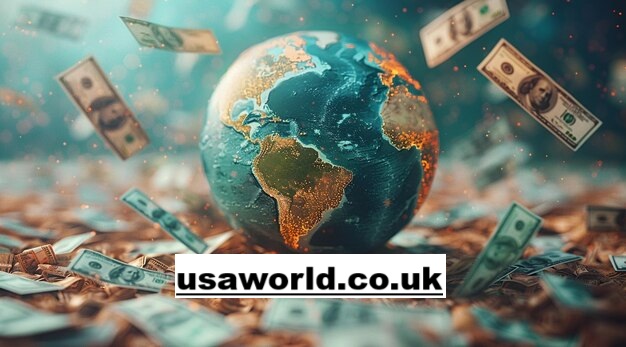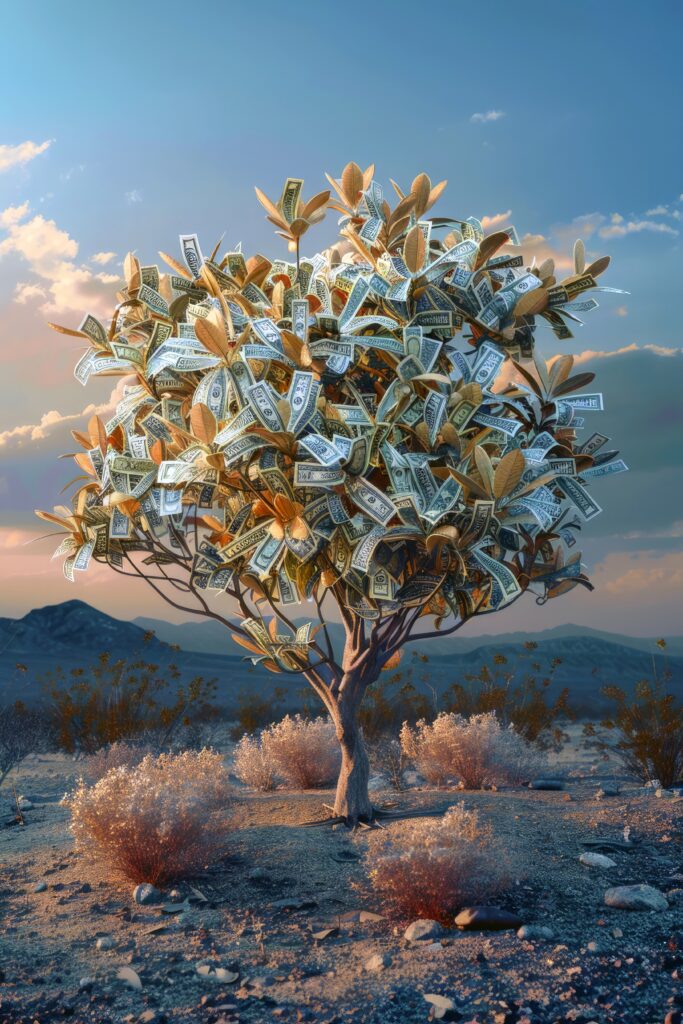Money BetterThisWorld: Redefining Wealth in a Modern Era

Introduction: What Does “Money BetterThisWorld” Really Mean?
Money BetterThisWorld money has always been a controversial topic. Some people see it as the root of all evil, while others view it as the essential fuel for growth, survival, and progress. But what if money could be thought of differently—not just as a transaction tool or a survival necessity, but as a catalyst for building a better world? This is where the concept of Money BetterThisWorld comes into play. It’s more than just a catchy phrase—it is a mindset, a philosophy, and a call to action.
At its core, Money BetterThisWorld suggests that the way we earn, spend, and invest should go beyond personal gain. Instead, money should be seen as an active agent for improving the quality of life for individuals, communities, and the planet. This is not to romanticize money as a savior, but rather to emphasize its potential as a tool for good when handled with vision, ethics, and responsibility.
In an age where capitalism and consumerism dominate headlines, thinking about money in terms of collective betterment may sound idealistic. However, it is far from impractical. The shift in how people view wealth creation—toward sustainability, social responsibility, and innovation—is evidence that the idea of Money BetterThisWorld is not only relevant but also urgent.
When money is aligned with purpose, it stops being just numbers in a bank account. It becomes energy—energy that can light up homes, fund education, preserve ecosystems, and inspire movements that truly make this world a better place.
Rethinking Wealth: From Accumulation to Contribution

For centuries, Money BetterThisWorld wealth was measured by accumulation—how much land someone owned, how much gold they had, or how much stock they controlled. The bigger the pile, the wealthier the person was considered. But in today’s rapidly shifting world, accumulation alone doesn’t cut it anymore. Instead, contribution is emerging as the more meaningful marker of wealth. This is the essence of Money BetterThisWorld.
Imagine two individuals: one sitting on billions in assets but contributing little to society, and another using modest wealth to fund scholarships, clean water projects, or local businesses. The latter may not be “richer” in numbers, but in terms of impact, they embody a more enlightened definition of wealth. Their money serves a higher function—it’s making the world better, not just padding an account.
This isn’t just philosophy—it’s practical economics. Societies that channel money toward education, healthcare, infrastructure, and innovation inevitably experience long-term prosperity. Conversely, systems built only on accumulation and hoarding eventually collapse under inequality and stagnation.
Money BetterThisWorld challenges us to reconsider not just how much wealth we hold, but how we circulate it. Every dollar spent or invested is essentially a vote. When we spend consciously—choosing sustainable products, ethical companies, or community-focused initiatives—we are shaping the future in real time. It’s about asking ourselves: is our money sitting idle, or is it flowing in ways that uplift others?
The Human Side of Money: Beyond Numbers and Balance Sheets
Too often, money is discussed in cold, detached terms—profits, margins, returns. But at its root, money is deeply human. It affects how we live, how we dream, and even how we relate to one another. Money BetterThisWorld emphasizes this human side. It argues that money should not just be about financial security, but also about emotional and social enrichment.
Think about how money enables moments—sending your child to school, taking your parents on a vacation, funding a medical operation, or even supporting an artist whose work inspires millions. These aren’t just transactions; they are stories. They are experiences that shape lives and communities. When money is viewed this way, it stops being just a figure on a spreadsheet and starts being a living force of connection.
Moreover, money has the power to amplify empathy. Donating to causes, supporting local businesses, or investing in social enterprises are ways in which people put empathy into practice. In these actions, the coldness of money transforms into warmth, into something deeply human.
The paradox is that while money is an abstract construct—pieces of paper, digital numbers—it produces very real effects. Money BetterThisWorld is about bridging that paradox: seeing money as numbers, yes, but also seeing it as relationships, opportunities, and change-makers. When we humanize money, we use it differently. We prioritize not just personal wins but shared victories.
The Global Perspective: Money as a Universal Language
One of the fascinating aspects of money is its universality. Regardless of culture, language, or geography, money serves as a common thread that connects people. It is, in many ways, the closest humanity has to a universal language. Money BetterThisWorld builds upon this global perspective.
Take, for instance, international trade. A farmer in Kenya might sell coffee beans that end up on a breakfast table in Paris. A programmer in India might code software used by a start-up in New York. Through money, people who never meet or speak the same language are bound together in an intricate web of exchange. The question then becomes: how do we ensure this universal language is used for good?
Globalization has amplified both the positive and negative sides of money. On one hand, it has lifted millions out of poverty, expanded opportunities, and fueled innovation. On the other, it has widened income inequality and stressed natural ecosystems. Money BetterThisWorld insists on tilting the balance toward the positive. It encourages cross-border philanthropy, impact investing, and collaborative projects that address global challenges like climate change, healthcare access, and education.
If money is indeed a language, then Money BetterThisWorld is about rewriting its grammar. It’s about replacing the verbs of exploitation with those of cooperation, replacing the nouns of greed with those of justice. It’s about crafting a global narrative where money doesn’t just connect people economically but also unites them ethically.
Personal Empowerment: How You Can Practice Money BetterThisWorld
The beauty of Money BetterThisWorld is that it isn’t reserved for billionaires, governments, or corporations. Every individual has the ability to practice it in their daily lives. Personal empowerment is at the heart of this philosophy.
Start with your spending habits. Every purchase is a choice, and every choice is a ripple. By supporting ethical brands, local artisans, or sustainable products, you’re ensuring that your money is circulating in ways that improve—not exploit—the world. Even seemingly small decisions, like buying fair-trade coffee or avoiding fast fashion, carry weight in the larger ecosystem.
Next, think about your savings and investments. Are they sitting passively in a bank, or are they fueling projects that align with your values? Many financial institutions now offer impact investment funds, which allow individuals to grow their wealth while contributing to causes like renewable energy, healthcare, or social equity.
Lastly, never underestimate the power of giving. Donations, no matter how small, embody the essence of Money BetterThisWorld. They represent a conscious choice to use your resources for collective good. But giving doesn’t always mean money—it can also be time, skills, or mentorship. The key is to think of wealth not as something to hoard, but as something to share.
Personal empowerment through money is not about sacrifice; it’s about alignment. It’s about ensuring that your financial habits reflect your values, dreams, and hopes for a better world.
Conclusion: The Future of Money Is Collective
The idea of Money BetterThisWorld is both simple and profound. It’s about shifting our perception of money from a static possession to a dynamic tool for betterment. It’s about redefining wealth—not as accumulation, but as contribution. It’s about recognizing that behind every coin and every transaction lies a chance to create meaning, connection, and progress.
If the last century was dominated by the narrative of endless accumulation, perhaps this century could be defined by purposeful circulation. Imagine a world where money doesn’t just fuel economies but also heals communities, restores ecosystems, and uplifts humanity. That’s the vision of Money BetterThisWorld.
At the end of the day, money is what we make of it. It can be a wall, or it can be a bridge. It can be a chain, or it can be a key. The choice lies with us, collectively and individually. And if we choose wisely, we can ensure that money doesn’t just serve us—it can better this world.



